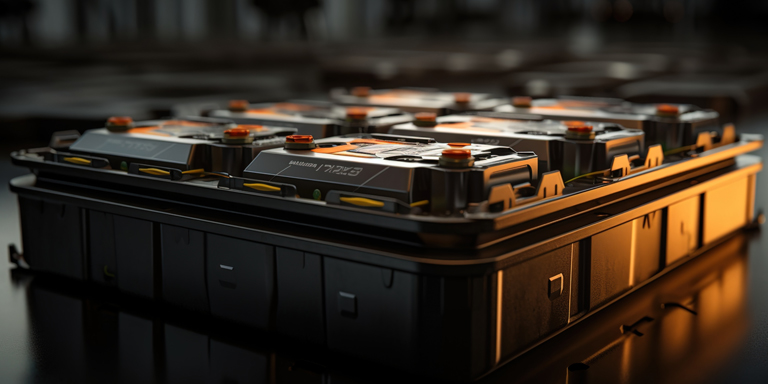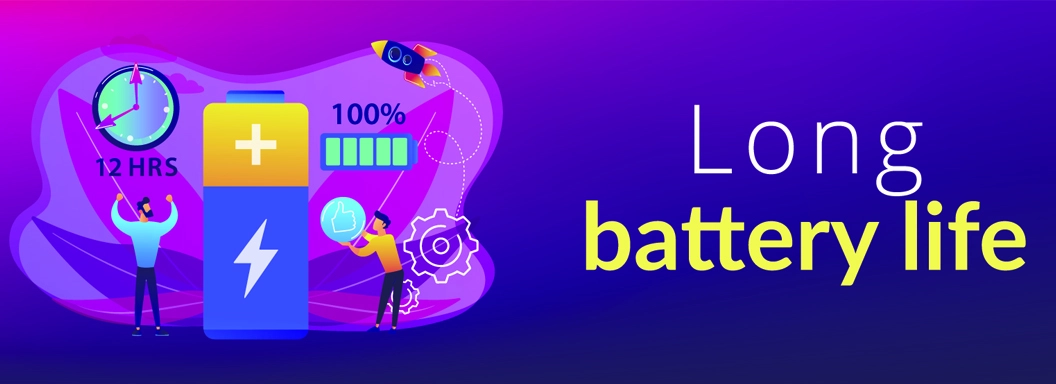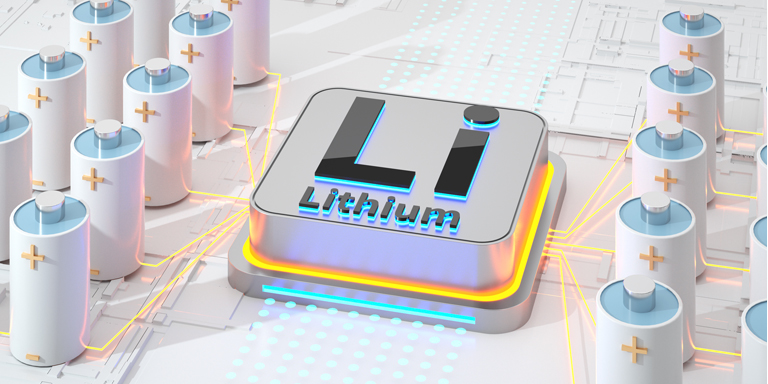Those who are familiar with lithium batteries may have heard the expression “lithium battery for power” and “lithium battery for energy storage“, in fact, lithium batteries were first used without this distinction, and in recent years more and more cars, ships and other vehicles use lithium batteries as power, so this application of lithium batteries will be called power lithium batteries. In recent years, more and more cars, ships and other vehicles use lithium batteries as power, so this application of lithium batteries will be called power lithium batteries. In terms of the principle of lithium batteries, there is no difference between the two. However, due to the different functional focus of lithium batteries in the use scenario, there will be slight differences in performance. Today we give you a detailed introduction.

What are power and energy storage batteries?
Power batteries, i.e. power sources for tools, mostly refer to batteries that power electric cars, electric trains, electric bicycles, golf carts and drones. Energy storage batteries mainly refer to batteries that are used for solar and wind power generation equipment and for saving energy from renewable sources. The power battery is in fact an energy storage system battery. However, due to the limitations of the size and weight of the vehicle and the acceleration requirements when starting, power batteries have higher performance requirements than storage batteries in terms of energy density, charging current, discharging current, high and low temperature performance.
What is the difference between a power battery and an energy storage battery?
1, Different application sectors: Power batteries are primarily designed to power electric vehicles, hybrid vehicles, etc. They are typically designed with high energy density and high power output to meet the demands of high speed driving and acceleration of vehicles. Power batteries typically consist of a large number of individual cells and need to have high charge and discharge rates and cycle life. Energy storage batteries are mainly used in electrical energy storage systems such as solar panels and renewable energy systems such as wind turbines. They usually focus on energy storage capacity and the ability to provide a stable power supply over a long period of time, rather than on high power output. Energy storage batteries can have different chemical compositions and material structures to meet the needs of different applications.

2, the requirements of life: compared with power batteries, energy storage lithium batteries have higher requirements for service life. The life of new energy vehicles is generally > 2000 cycles, while the life of energy storage projects is generally more than 6000 times.
3, the requirements of safety performance: whether power or storage batteries, the pursuit of the use of safety. Energy storage and power batteries have their own safety certification standards, IEC62619, ISO13849, UL2271 is the power battery industry authoritative safety certification. The authoritative certification requirements for energy storage batteries are IEC62133, UL1973, etc. Different projects and regions will also have some specific certification requirements. In short, these certifications ensure that there are no safety loopholes in the PACK design of lithium batteries. In addition to this, the safety of lithium batteries is also closely related to the quality of the cells, the level of production process, quality process management and other factors.
4, Performance and design: Power batteries need to have the comprehensive performance requirements of high energy density, high power output, short charging time and long cycle life due to the specificity of the environment in which they are used. They need to provide stable performance under various operating conditions and be able to withstand high frequency charge and discharge cycles. Energy storage batteries focus primarily on energy storage capacity, long and stable power supply and long service life. They need to be able to store energy for long periods of time and provide a continuous power output when required. Energy storage batteries also need to have a low self-discharge rate to reduce energy loss.
Summary
It is important to note that while power and energy storage batteries have their own specialised areas of application, some battery technologies can cater for both types. Our common lithium iron phosphate and lithium ternary batteries can be used in both power and energy storage applications. Depending on the design and configuration of the battery, lithium-ion batteries can achieve high power output and long cycle life, while also providing high energy storage capacity and stable performance.
As a professional manufacturer of lithium batteries, LEAD-WIN not only has the industry’s authoritative IATF 16949 quality management system certification, but also has more than 500 projects of design and development, production and testing of the whole chain of experience. We have been a Tier 1 supplier to many listed companies and provide professional system solutions to our customers. If you need a customised service, please contact us and you will experience the most professional service!






 Facebook
Facebook
 Twitter
Twitter
 Linkedin
Linkedin
 Back to list
Back to list



